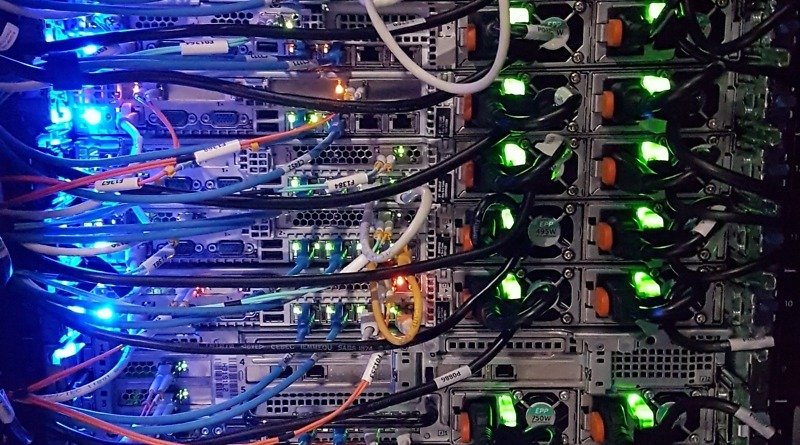History Interpretation: Uncovering Its Origins
From the earliest historical accounts to the most up-to-date archaeological findings, interpreting the origins of history has long been a subject of great curiosity and debate. The study of how past events are understood and discussed is referred to as historiography, and it continues to inform our understanding of the past today. In this article, we explore the different ways in which history has been interpreted over the centuries, with a particular focus on the history of foreign exchange markets. We’ll examine the development of historiography in this area, the various approaches used to analyze the data, and the ongoing changes in how forex markets are viewed. Ultimately, we’ll see why understanding how history is interpreted and what it means for modern-day forex traders is essential for successful trading.
Understanding the Origins of History Interpretation
The word ’history’ evolved from an ancient Greek verb, but its meaning and definition have changed significantly throughout the years. Historiography is the study, methodology, and interpretations of sources used to write the history of a particular place or subject. It is through this practice that historians are able to gain insight into the past and how it affects the present. In the Philippines, historiography dates back to the Spanish colonial period, when Spanish priests and chroniclers documented events to establish their dominance and control over the region.
In more recent decades, however, the Philippines has experienced a resurgence in the study of historiography. This has come as a result of gradual democratisation, as well as new technological advances in genetics and computing, giving scholars new tools with which to study the history of the nation. Through such studies, scholars are able to determine the rise and fall of empires, as well as the branches of a particular culture’s family tree.
Speculative and Meta-Historical Approaches
One approach to historical interpretation that has been employed in the Philippines is the use of meta-historical analysis. This method has been used by scholars to explore the existence of general patterns or overarching themes in the course of human history. Such approaches have been employed to observe the directions certain subjects have taken over time, and the effects that have resulted from major historical shifts.
Furthermore, this approach can also be used to measure the impact certain events have had on a nation, and the development of its people. From population shifts to technological advancements and the rise of new ideologies, meta-historical analysis has enabled researchers to take a more nuanced and holistic view of the past.
Studying History and its Benefits
History is essential to understand the present, and it can also teach us invaluable lessons for the future. For individuals, the study of history can help instill a sense of grounding and belonging, while for society it can be a tool to foster greater understanding and solidarity amongst its citizens. Even if the population is diverse, understanding the past can reveal the ways in which different persons formed a single culture, with multiple perspectives that come together to form an understanding of the present.
Furthermore, history can also provide us with an appreciation for beauty. Stories are passed down through generations, and, as an audience, we are able to observe centuries-old traditions, ancient oral stories, and more. As such, the lessons of the past are carried forward, helping to shape collective knowledge and keep the human spirit alive.
In conclusion, the study of history can be immensely useful for both personal and collective growth. While the origins of historiography remain shrouded in mystery, what is clear is that its use has enabled us to observe and appreciate the changes that have occurred throughout the years, and to better understand our place in the world today.
